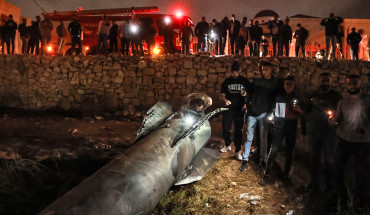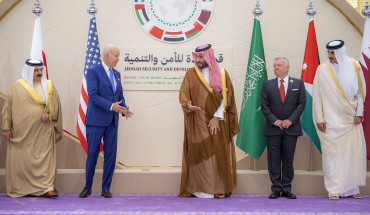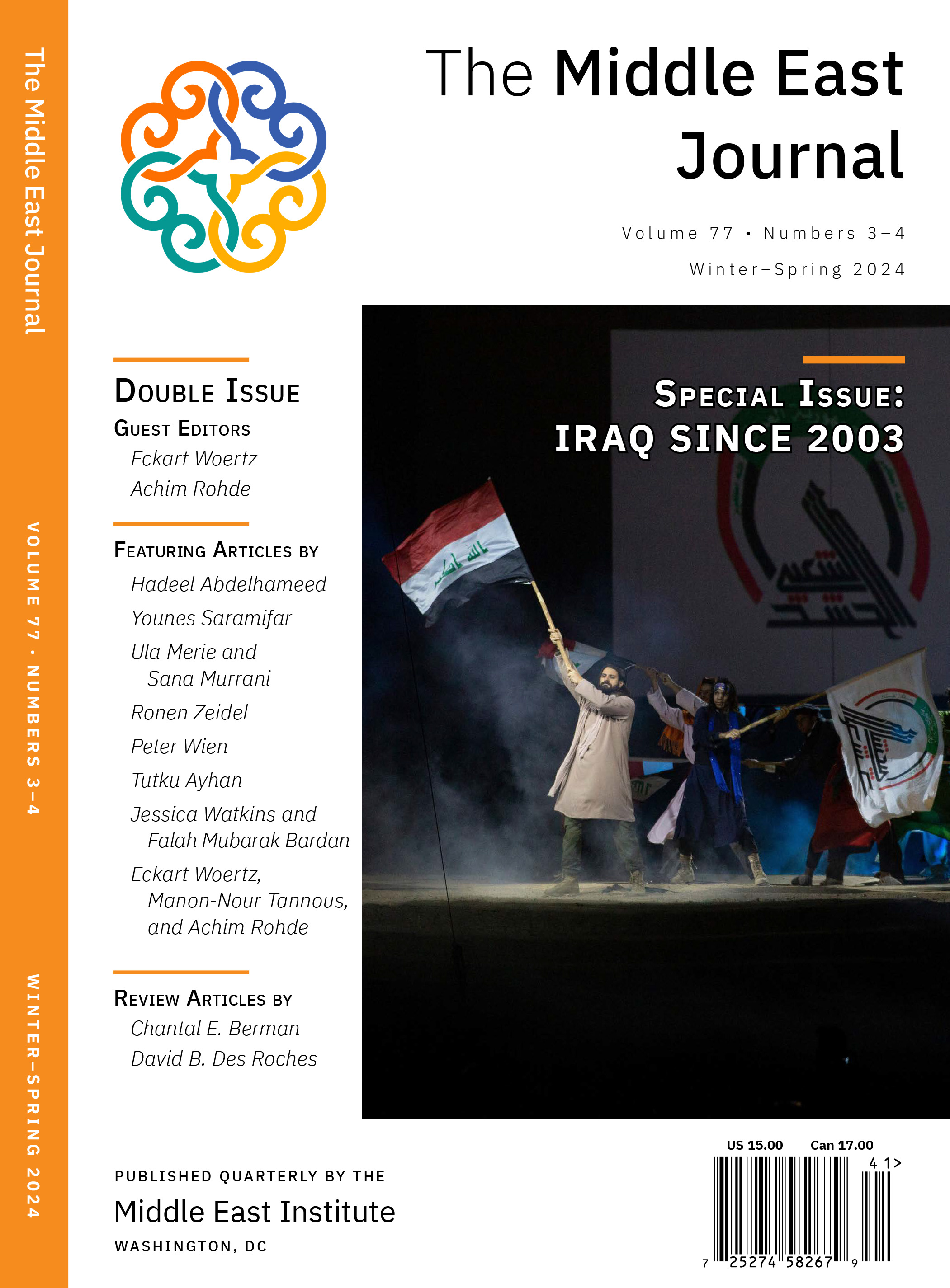Following months of heightened tensions between Israel and Hezbollah, the Israeli air force has begun an extensive bombing campaign over Lebanon, targeting the Tehran-backed militant group’s commanders as well as its military and communications infrastructure. These attacks usher in a new phase of the regional conflict emanating from the war in Gaza and increase fears of an all-out war between Israel and Hezbollah that could draw in other actors and devastate an already crisis-wracked Lebanon. To examine these recent developments and the implications for the wider region, the Middle East Institute will be hosting an expert panel discussion.
The assembled scholars will explore the following questions and more: What are the geo-strategic, security, and political implications of the intensifying Israeli-Hezbollah armed confrontation? Is an Israeli ground invasion likely, and how may the conflict affect the stability of the wider region? What are the goals of the warring sides? And how will Israel’s increased focus on Hezbollah impact the trajectory of the war in Gaza?
Speakers:
Ambassador David Hale
Global Fellow, Wilson Center;
Former Under Secretary of State for Political Affairs;
Former Ambassador to Pakistan, Lebanon, and Jordan
Randa Slim
Senior Fellow and Director of Conflict Resolution and Track II Dialogues Program, Middle East Institute
Eran Etzion
Non-Resident Scholar, Middle East Institute;
Former Head of Policy Planning, Israeli Ministry of Foreign Affairs
Brian Katulis (Moderator)
Senior Fellow for US Foreign Policy, Middle East Institute
Extended Speaker Biographies:
David Hale is a Global Fellow with the Wilson Center after serving as a foreign service officer with the rank of Career Ambassador. He was Under Secretary of State from 2018-2021. Previously, he was the Ambassador to Pakistan (2015-18), Ambassador to Lebanon (2013-15), Special Envoy for Middle East Peace (2011-2013), Deputy Special Envoy (2009-11), and Ambassador to Jordan (2005-8). Earlier, he had multiple tours in Jordan and Lebanon and served in Tunisia, Bahrain, Saudi Arabia, and at the U.S. Mission to the UN. In Washington, Hale was Deputy Assistant Secretary of State for Israel, Egypt and the Levant (2008-9) and Director for Israel-Palestinian Affairs (2001-3). He held several staff posts, including Executive Assistant to Secretary of State Albright. Hale joined the Foreign Service in 1984. He is a recipient of one Presidential Rank Award of Distinguished Service and two of Meritorious Service, and several Department Superior and Meritorious Honor awards. He speaks Arabic, is a graduate of Georgetown University’s School of Foreign Service, and a native of New Jersey.
Randa Slim is the Director of the Conflict Resolution and Track II Dialogues Program at the Middle East Institute and a non-resident fellow at the Johns Hopkins University School of Advanced and International Studies (SAIS) Foreign Policy Institute. A former vice president of the International Institute for Sustained Dialogue, Slim has been a senior program advisor at the Rockefeller Brothers Fund, a guest scholar at the United States Institute of Peace, a program director at Resolve, Inc, and a program officer at the Kettering Foundation. A long-term practitioner of Track II dialogue and peace-building processes in the Middle East and Central Asia, she is the author of several studies, book chapters, and articles on conflict management, post-conflict peace-building, and Middle East politics.
Eran Etzion is a diplomat and strategist with more than 20 years of experience in senior government positions. He was head of policy planning at Israel's Ministry of Foreign Affairs, and deputy head of the National Security Council in the Prime Minister's office. In 2014-2015, he was a visiting scholar at the Leonard Davis Institute for International Relations, and the Truman Institute for the Advancement of Peace, both at the Hebrew University, Jerusalem. In 2015, he founded ICSF, Israel Center for Strategic Futures, a Think-Do NGO dedicated to introducing innovative foresight into the Israeli decision-making process and public discourse.
Brian Katulis is Senior Fellow for US Foreign Policy at the Middle East Institute. He was formerly a senior fellow at the Center for American Progress (CAP), where he built the Center’s Middle East program and also worked on broader issues related to U.S. national security. He has produced influential studies that have shaped important discussions around regional policy, often providing expert testimony to key congressional committees on his findings. Katulis has also conducted extensive research in countries such as Egypt, Israel, Jordan, and the Palestinian territories. His past experience includes work at the National Security Council and the U.S. Departments of State and Defense.











